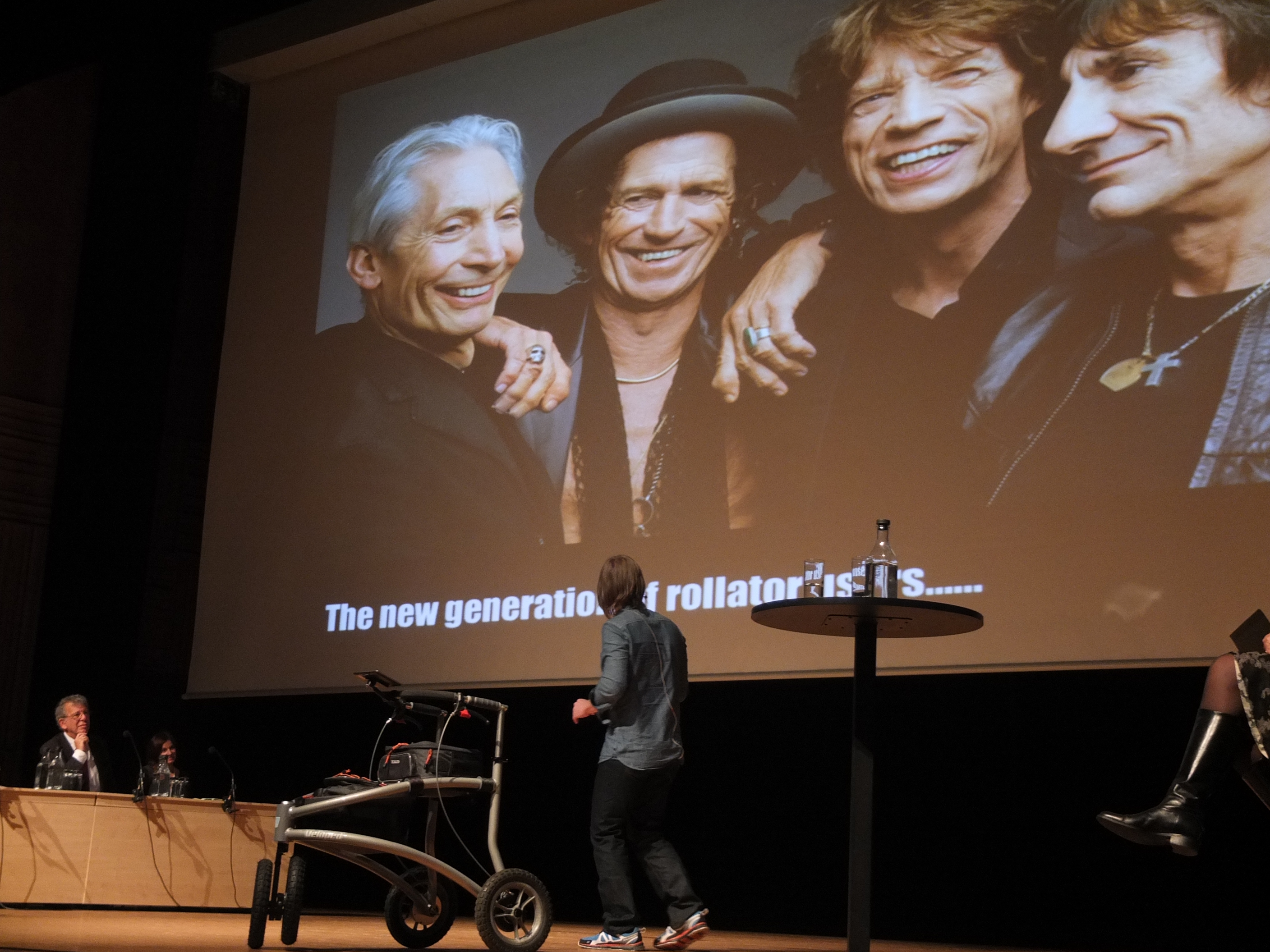Smart homes offer many opportunities for innovators
Smart buildings and environments have the potential to help older adults and those with disabilities stay independent in their homes for longer. Technologies using sensors and other devices that are integrated into the building itself can both assist the resident and monitor them. This is an area that is rich with potential for possible ideas for the AAL Smart Ageing Prize, as a recent meeting in Brussels between some of Europe’s most influential entrepreneurs showed.
The EC’s DG Connect and DG Grow have hosted a “meeting of minds” in collaboration with Utrecht University and Creative Skills for Life. The idea was to take a fresh look at creating smarter new build and retrofit home environments, with a view to empowering older adults to live more meaningful, independent, connected lives with dignity and autonomy. Around 70 European thought leaders and entrepreneurs from various sectors gathered to share their views on the most exciting developments in ‘agile ageing’, smart homes, new financing models and urban retrofitting. In the words of Evermore founder Sara McKee – a social housing entrepreneur – “this was a great gathering of Europeans in the digital, design, health, housing and ageing sectors determined to change the conversation from doom and gloom to ‘what if?’ A group of disruptive innovators who are no longer willing to blame the system for failure to address the policy needs of the future. Leaders who want to collaborate across the world to rethink older age and radically change the opportunities for older people everywhere.”
 The meeting was the starting point of a European roadshow of interconnected Open Innovation Workshops designed to involve key stakeholders in an ongoing and sustainable dialogue about a Europe wide approach to age-friendly homes. The dialogue will inform a European Reference Framework for Age-friendly Housing which aims to identify the key features which make homes suitable for ageing well, as well as provide recommendations for a set of complementary actions at EU, national and regional level to increase the number of age-friendly homes and neighbourhoods in Europe.
The meeting was the starting point of a European roadshow of interconnected Open Innovation Workshops designed to involve key stakeholders in an ongoing and sustainable dialogue about a Europe wide approach to age-friendly homes. The dialogue will inform a European Reference Framework for Age-friendly Housing which aims to identify the key features which make homes suitable for ageing well, as well as provide recommendations for a set of complementary actions at EU, national and regional level to increase the number of age-friendly homes and neighbourhoods in Europe.
A number of useful observations were made by the participants that are well worth taking into consideration when creating an idea for the AAL market in the smart home sector:
- Active participation, intergenerationality, co-creation and human interaction all need to be included.
- Digital solutions need to be flexible, customisable and adaptable.
- Investment into built environments is long term, and they need to remain resilient to accommodate future changes in the more fast-paced sectors such as ICT and health.
The Smart Ageing Prize, a competition financed by the AAL programme, with a €50k prize for the best IoT idea to help older people live better, more connected lives at home, is open for entries until May 13. The application process is simple; just visit http://aal.challengeprizecentre.org/ or www.aal-europe.eu
Meanwhile, the meeting in Brussels has established a first step towards identifying like-minded private, public and 3rd sector stakeholders and potential leaders willing and ready to join forces through an “agile ageing alliance” that will leverage an ageing population as an engine for economic growth championing the needs and rights of European citizens to enjoy their later years with dignity and autonomy, in their own technologically enabled smarter homes and neighbourhoods. Bringing together the right people at the right time in this way could be the key to breaking into a market rich in potential.
Article written by William Davis

